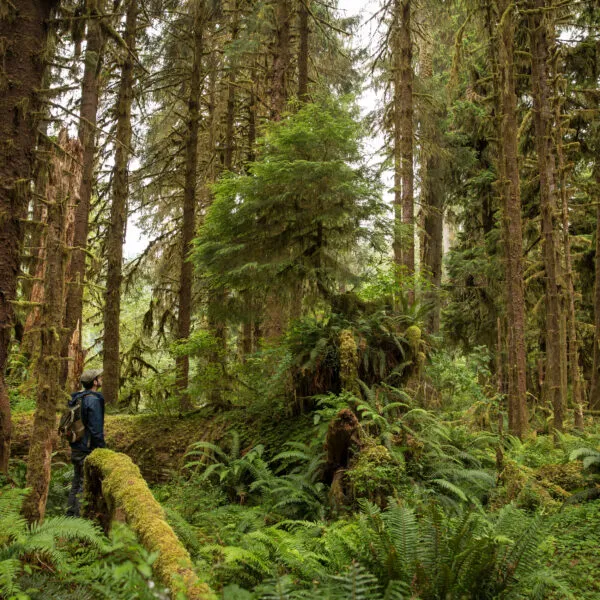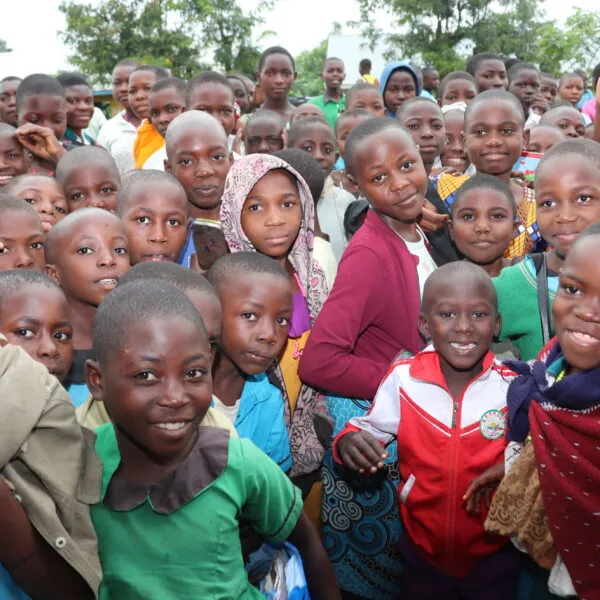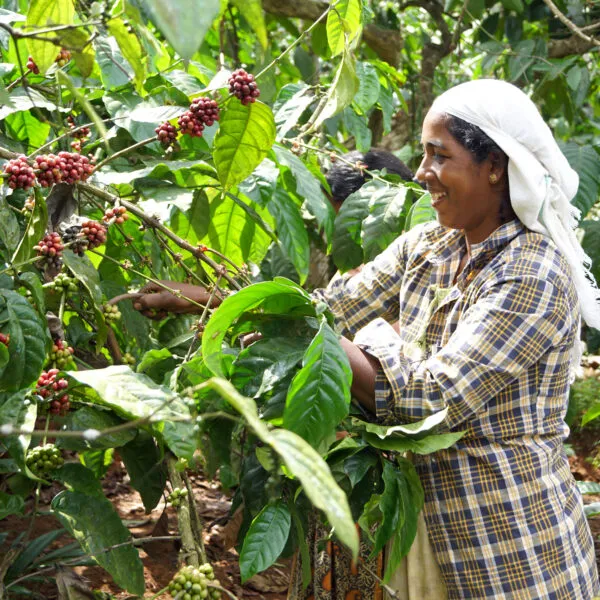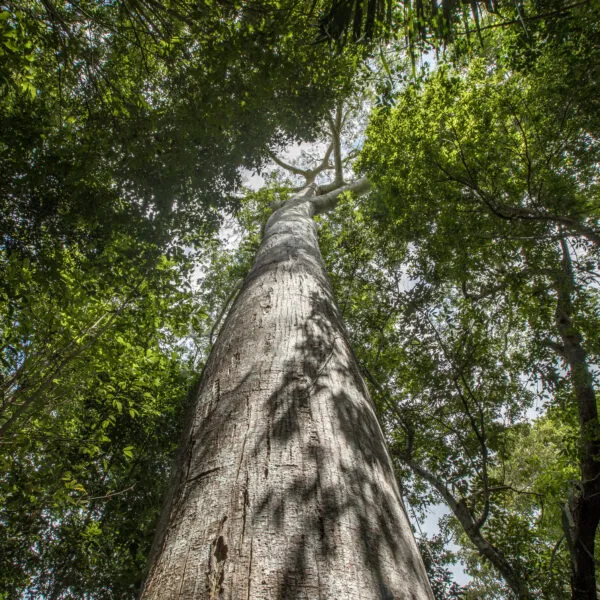Global climate change already negatively affects cocoa production with longer and more intense dry periods, increased and prolonged incidences of pests and diseases, and more erratic rainfall. These changes in climate conditions requires producers to adapt climate-smart agricultural practices to secure a sustainable livelihood.
The crucial first step to climate change adaptation is understanding the current and projected risks to farming in a certain region. Changing conditions also require supply chain actors to consider risks in their strategies, including sourcing and how they can help support producers adopt climate-smart farming techniques.
Project Objectives
- Develop a website, https://climatesmartcocoa.guide/, that provides information about climate-related risks and potential solutions for key stakeholders in the cocoa sector.
- Present available information about climate-related risks in a user-friendly way using geographical visualization. Climate impact maps have been shown to be powerful tools to raise the awareness and increase stakeholders’ willingness to act.
- Inform cocoa supply chain actors at different levels to include risks in their strategies and potentially in their decision-making processes.
Beneficiaries
Certificate Holders
The Rainforest Alliance requires certificate holders to conduct risk assessments on different sustainability and compliance issues, and the Rainforest Alliance Sustainable Agriculture Standard explicitly mentions that the risk assessment should also cover climate change risks. Certificate holders can use this website to identify the issues to focus on during their risk assessment and trainings on climate change.
Producer associations
Risk maps are powerful tools to support advocacy on sustainability issues. We want to reach producer groups through the certification trainings, but where the opportunity arises, we also want to help them use these maps to advocate with their buyers or governments for support in dealing with climate risks.
Supply chain actors
It is important that different actors along the supply chain have good access to information about risks and climate resilience strategies. Traders offer support to their suppliers in the form of certification trainings and other capacity building activities; end-buyers increasingly engage with their suppliers in longer-term trade relations that include targets and commitments on sustainability. We also want to inform sector-wide, global debates on climate change risks, which at the moment evolve around West Africa. To reach supply chain actors and inform sector-wide debates, it’s important to include CocoaAction, which we will do.
Consumers
Raising awareness among consumers is another goa; opportunities may arise to include this website in consumer awareness campaigns.
Partner Organizations
The International Center for Tropical Agriculture-CIAT, an international non-profit research organization, registered under the Statement of Treaties and International Agreements registered before the Secretariat of the United Nations, located at Km. 17 Recta Cali-Palmira, Colombia.



